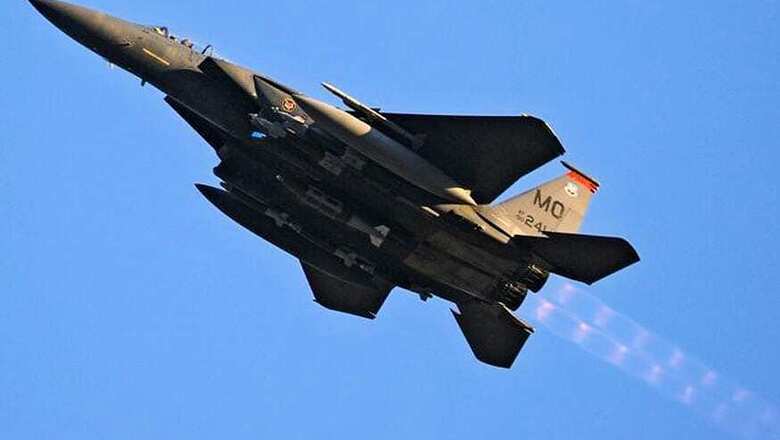
views
New Delhi: Leading US defence firms are pushing for a specific framework in India to ensure the safety and security of critical technology and classified defence information when they are shared with the Indian private sector for joint ventures in India.
A top official of the US-India Business Council (USIBC) said they also want a government-to-government agreement to facilitate the transfer of classified defence technology and information to the Indian private sector besides clarity on issues relating to liability, intellectual property rights anindid industrial safety.
Benjamin Schwartz, Senior Director for Defense and Aerospace at the Washington-based USIBC, said there was no provision for sharing classified defence information by American companies with the Indian private sector at present and a government-to-government agreement was necessary to facilitate it.
"US companies are willing to ensure transfer of critical technology to India but the Indian government has to ensure protection of critical and classified technology," he told PTI in an interview.
Schwartz, who held extensive talks with the defence establishment here on several sticky issues during a visit to India, said under the existing framework, American companies can share classified information and technology with India’s defence public sector undertakings (DPSUs) and not with the private sector.
"Right now, there is no mechanism in place to allow the US companies to extend classified information to private Indian industries," he said, adding it was for New Delhi to initiate the process for a government-to-government agreement to remove the hurdle.
The USIBC has been playing a pro-active role in forging greater collaboration between Indian and American defence industries.
Holding that the American industry was very supportive of India’s strategic partnership model, he said the Indian government needed to come out with a timeline for various acquisition programmes, besides establishing a framework for the safety of classified information and technology.
"They need to establish procedures to ensure security of defence technology here. What I mean by it is that the reality in India and also in the US and around the world is that information is being stolen...We have to set up procedures to make sure that our defence technology is secure (in India)," he said.
Schwartz said Washington "definitely" wanted to go for an agreement to facilitate the transfer of classified information and technology by American companies to India and that "it is about getting things done in New Delhi."
He said the American private defence industry was in touch with the Trump administration on the issue of technology transfer to India and the US government has been very supportive of such collaborations.
"We held extensive conversations with the US government on technology transfer. We are very pleased that there has been a lot of continuity in US policy. The Trump administration wants to continue to prioritise technology release to India. It is also going to be re-articulated in US law this year," he said.
Schwartz said the USIBC supports Modi government’s policy initiative to ensure a level playing field for the DPSUs and India’s private sector defence industry.
"We can help support this through an agreement that will allow us to share classified information with the private sector industry," he said.
A number of American defence giants including Boeing and Lockheed Martin are eyeing billions of dollars of contracts in India and have already offered to manufacture some of their key military platforms in India while forging joint ventures with Indian companies.
Schwartz said liability issues, intellectual property rights issues and industrial security procedures are some of the key areas the US firms want clarity on.
"I think we are quite hopeful that with communication and goodwill we can reach out solutions."
Indo-US defence ties are on an upswing and both New Delhi and Washington have said they are committed to expanding it further.
In June 2016, the US had designated India a "Major Defence Partner" intending to elevate defence trade and technology sharing with India to a level commensurate with that of its closest allies and partners.











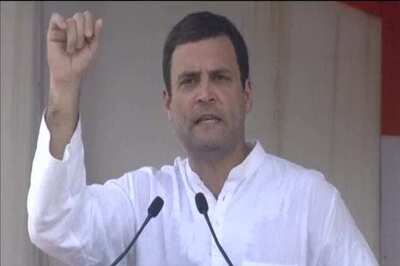

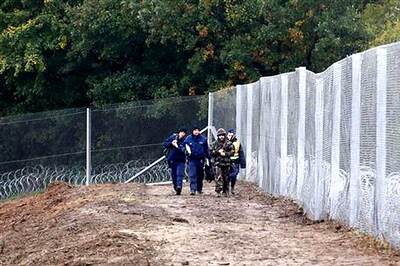

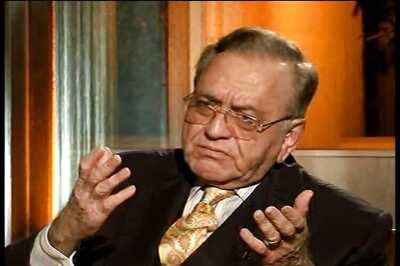


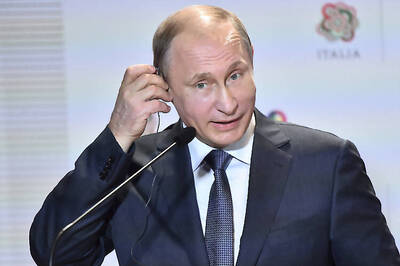

Comments
0 comment